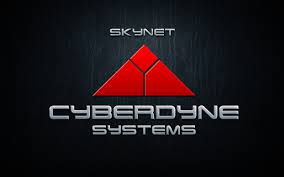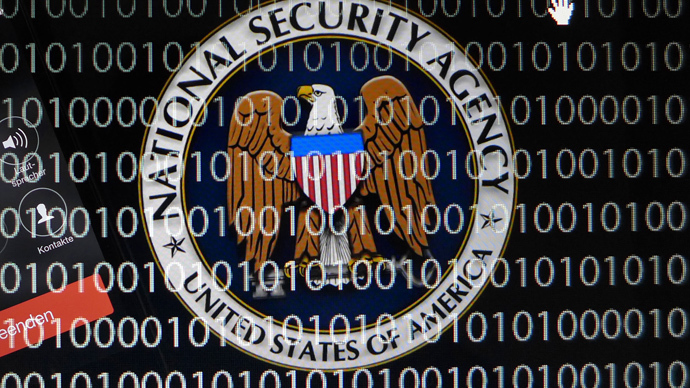President Obama has established a new initiative across multiple government agencies that will focus entirely on creating the fastest supercomputers ever devised. The National Strategic Computing Initiative will attempt to build the first ever exascale computer, which would be more than 30 times faster than today’s fastest supercomputer, according to an executive order issued Wednesday.
The initiative will primarily be a partnership between the Department of Energy, Department of Defense, and National Science Foundation, which will be designing supercomputers primarily for use by NASA, the FBI, the National Institutes of Health, the Department of Homeland Security, and NOAA. Each of those agencies will be allowed to provide input during the early stages of the development of these new computers.
The primary task of the initiative is “accelerating delivery of a capable exascale computing system,” the order said. For context, it is believed that an exascale computer might be capable of mimicking the human brain, something impossible with current technology.
As of June, the fastest supercomputer in the world is China’s Tianhe-2, a computer that runs at 33.86 petaflops, which means it can perform 33.86 quadrillion floating point operations per second. The US has the second fastest supercomputer, a machine at the Oak Ridge National Laboratory that runs at 17.6 petaflops. Earlier this year, Intel and Cray won a $200 million contract from the federal government to build a 180-petaflops computer by 2018.
Read moreObama’s New Executive Order Says the US Must Build an Exascale Supercomputer






